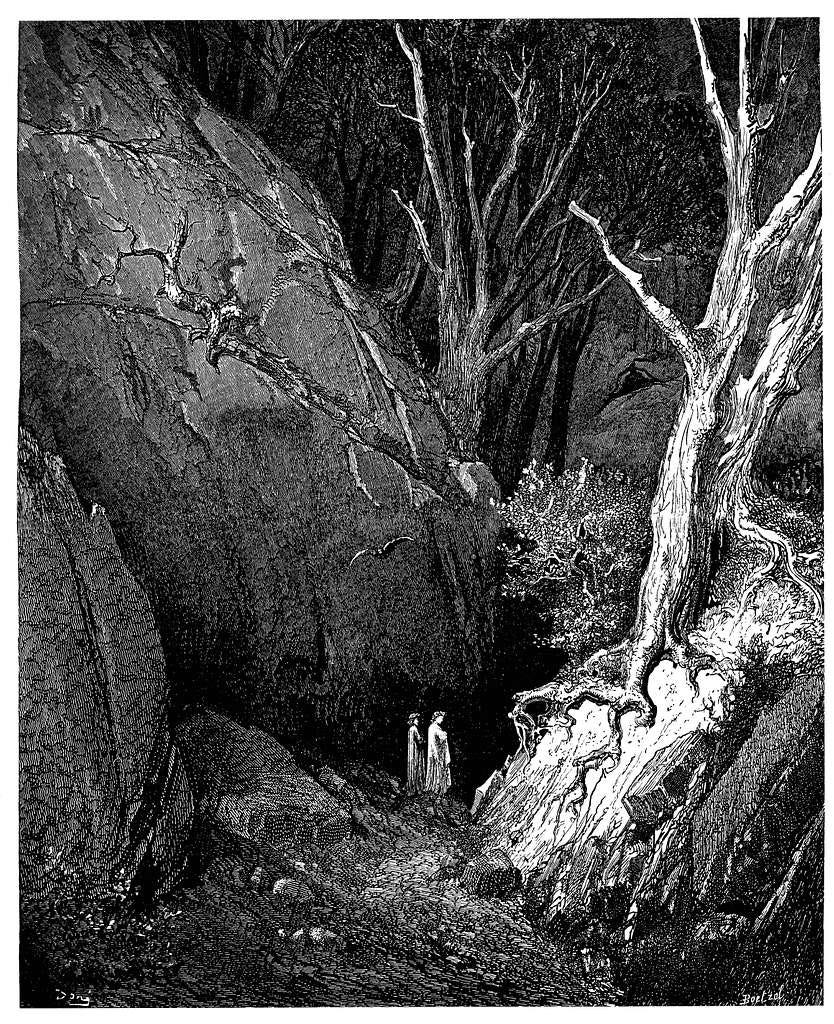Modus Operandi
Why am I writing about the Seven Deadly Sins? It's a long story...
Gustav Dore, Inferno (Plate 5)
Midway upon the journey of our life
I found myself within a forest dark,
For the straightforward pathway had been lost.
Dante Alighieri, The Divine Comedy, Canto I
Sometime in 2016 I began to wonder if the world had gone mad. By 2017 I no longer had any doubts. People I had known offline (and, in a few cases, Biblically) we…



